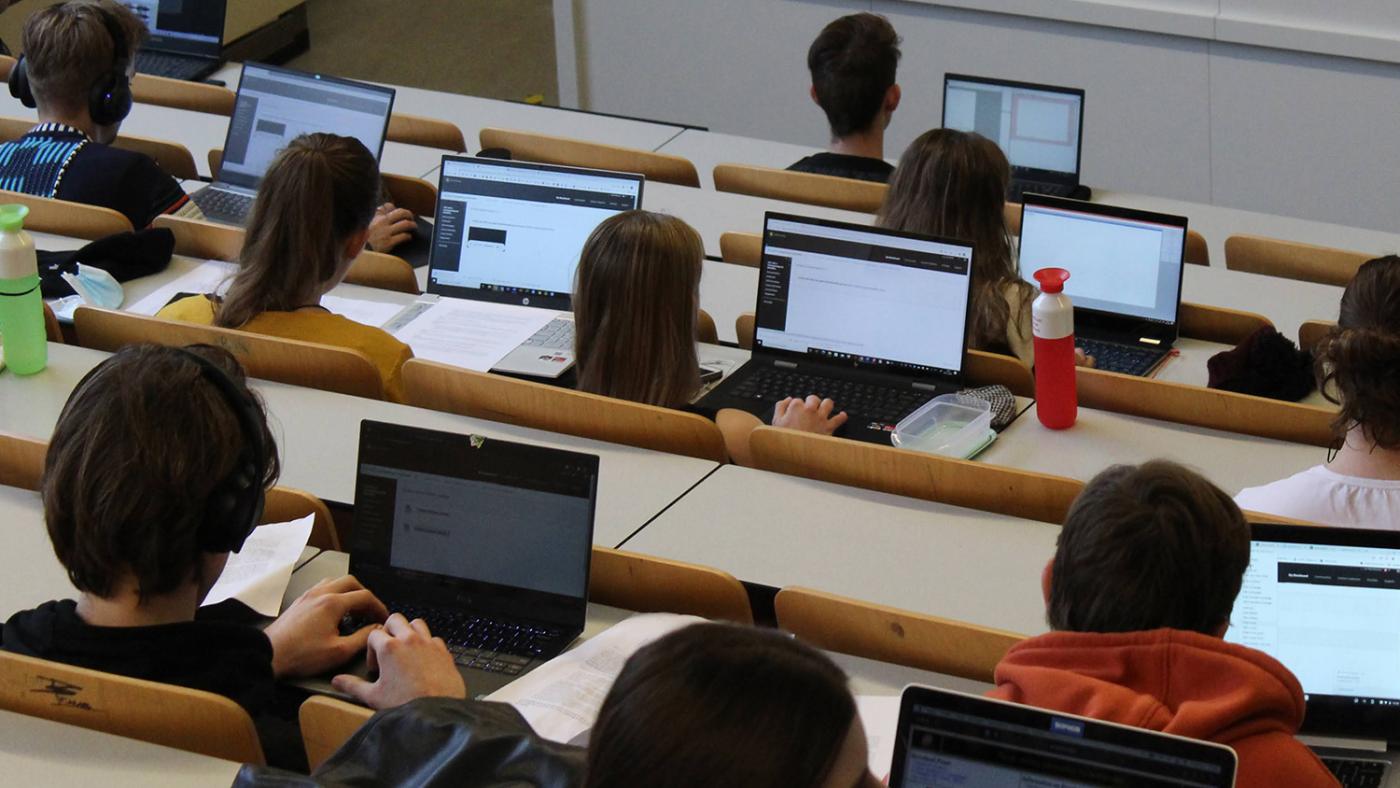Due to austerity measures and high workload
Social Sciences considers fewer teaching weeks per term

The work at the Faculty of Social Sciences will have to be done by fewer people. Before the summer break, the faculty imposed a vacancy freeze. Since then, temporary contracts have not been extended and when employees leave or retire, their replacement is no longer a given. The faculty wants to prevent forced redundancies.
Because the workload among lecturers is already high, the faculty is looking to reduce the number of teaching weeks in a block from eight to seven. The change would concern Bachelor's programmes and one-year Master's programmes.
As for two-year research Master's programmes, which have a different annual schedule and fewer weeks of classes, alternatives are being considered to also ensure that lecturers dedicate less time to teaching.
Different ways
“This can be used in different ways,” explains vice dean Irene Klugkist. “A week in the middle of the block can be used for reflection, working on an assignment, studying for an interim test, self-study through digital lessons, or perhaps the week before the test if it is scheduled in the ninth week.”
Currently, courses at the Faculty of Social Sciences consist of nine teaching weeks but, in practice, lessons are often given in the first 8 weeks and tests are given in the ninth week. The tenth week is teaching-free.
This is not the first time such a proposal is made. Dutch universities have relatively many teaching weeks. Compared to other European countries, the Dutch academic year is up to nine weeks longer. This not only results in more work pressure for teachers but also in pressure for students, which is detrimental to their wellbeing. In 2022, UU participated in a pilot with shorter terms for a "smarter academic year."
Peace in the curriculum
The Social Sciences Faculty Council had a meeting on November 12, when concerns were voiced about shortening the number of teaching weeks. “Teachers fear they will have to cram their teaching into fewer weeks because there will be an additional teaching-free week,” says student member Anne den Breejen. According to her, this is stressing teachers out right now.
According to vice-dean Jan van Tartwijk, the idea is to “bring more peace" into the curriculum. It does not mean that teachers will have to teach the same they currently do in eight weeks instead of seven. They will have to figure out what they are not going to do.”
The programme directors are currently discussing a plan for fewer teaching weeks, investigating which adjustments could ensure that teachers spend less time in the classroom in the academic years 2025-2026 and 2026-2027.